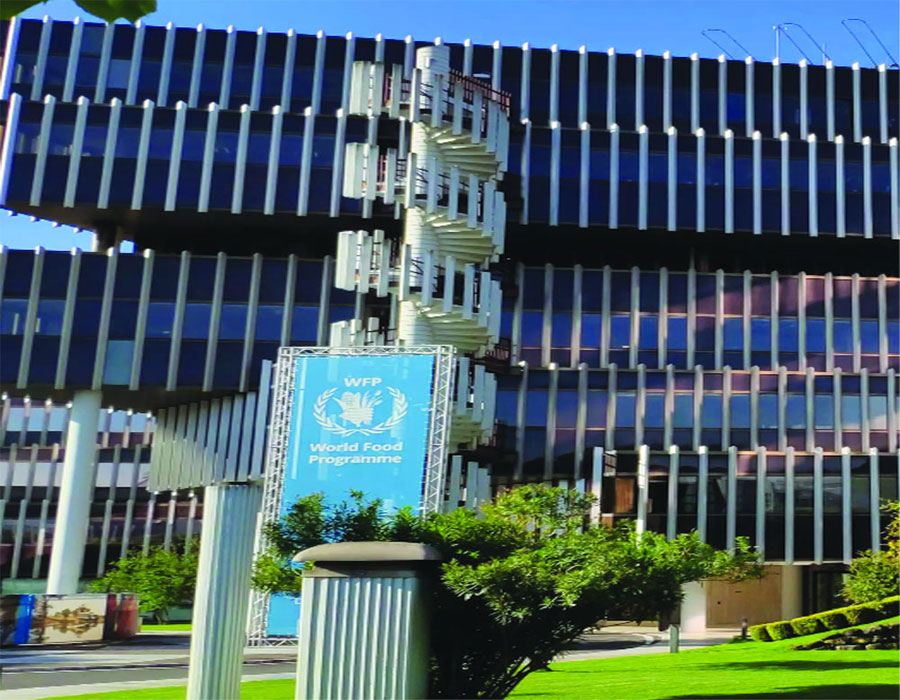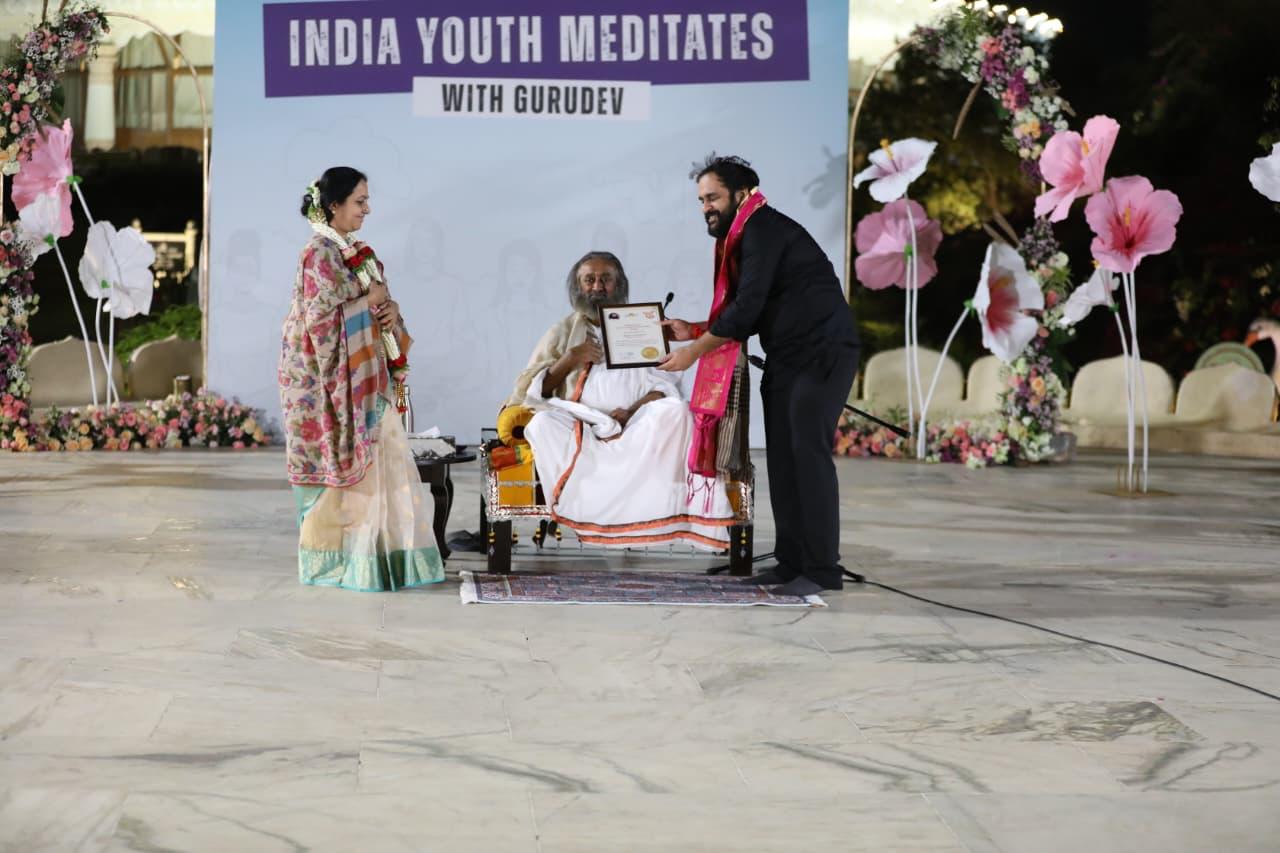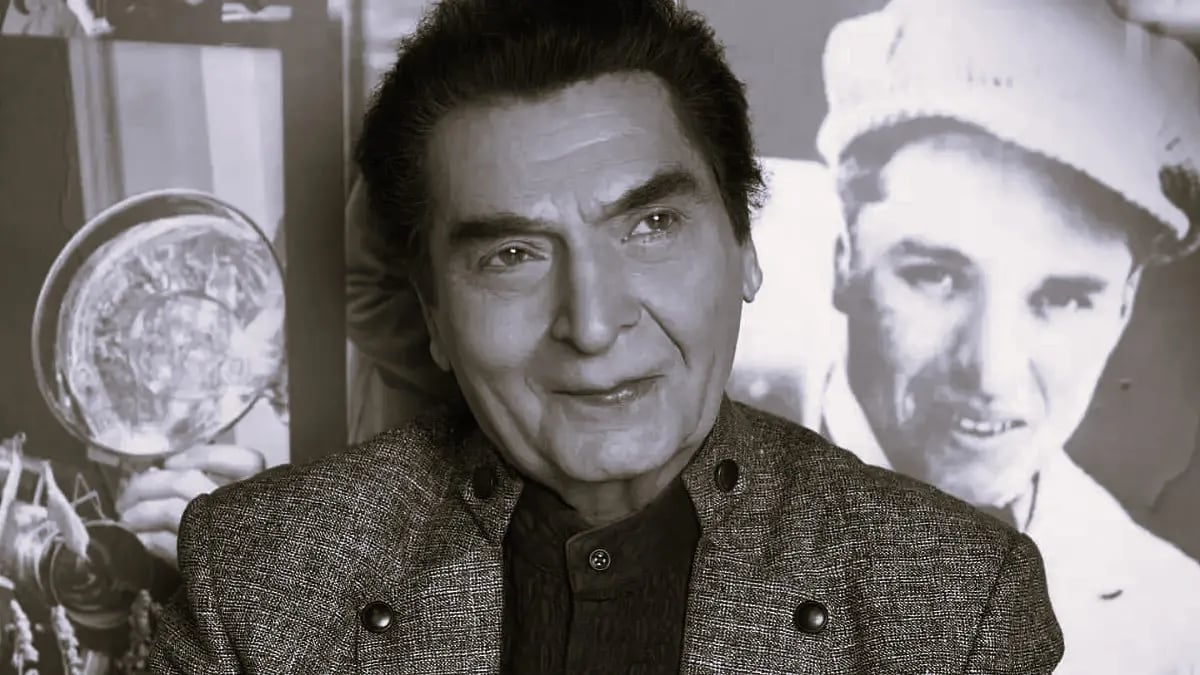World Food Programme rightfully wins the Nobel Peace Prize as it fights a global nutrition crisis caused by the virus and war
It was a long time coming but in the end, the United Nation’s (UN) World Food Programme (WFP) was awarded the coveted Nobel Peace Prize 2020 for its efforts to combat hunger, its “contribution to bettering conditions for peace in conflict-affected areas and for acting as a driving force in efforts to prevent the use of hunger as a weapon of war and conflict.” It is in a long time that a cause has been prioritised over a face. The WFP, which was set up in 1961 at the behest of then US President Dwight Eisenhower, combines humanitarian work along with ensuring peace in war-torn regions because it firmly believes that without tackling war, hunger cannot be eradicated. How much effort the WFP puts in and how much the world needs its help can be gauged by the fact that there are 690 million hungry people around the world and around 60 per cent of them live in conflict-torn nations. In 2019, the WFP assisted 97 million people, the largest number since 2012, in 88 countries. It manages one of the world’s largest logistics chains as on any given day, it has 5,600 trucks, 30 ships and nearly 100 planes on the move. The Nobel Peace Prize to it couldn’t have come at a better time as the UN has been under a cloud with its health watchdog, the World Health Organisation (WHO), mishandling the Coronavirus crisis. The honour is also a validation of the UN’s yeoman’s service to humanity and has silenced its detractors.
Like all other countries that have benefitted from the WFP, India, too, has a long association with it. The aid organisation has been working with respective governments to eradicate hunger since 1963, when India was a major food importer and was battling shortages. Now the WFP is working to reform our notorious Public Distribution System (PDS) through its Annapurti initiative whereby automatic grain dispensers — or ATMs for rice — will be set up across States. It is also working on fortifying food distributed under the mid-day meal scheme. Now, with the pandemic disrupting food security, it is setting up supplementary nutrition production units in Uttar Pradesh. Its mobile storage units in Odisha have contained starvation deaths there. The Nobel Peace Prize, which has often been under a cloud of controversy due to the selection of people who are deemed “undeserving” or “unworthy” of it, will be heartily endorsed by the global community, which owes the WFP a lot. This year the selection committee has got it bang on.








 OpinionExpress.In
OpinionExpress.In















Comments (0)